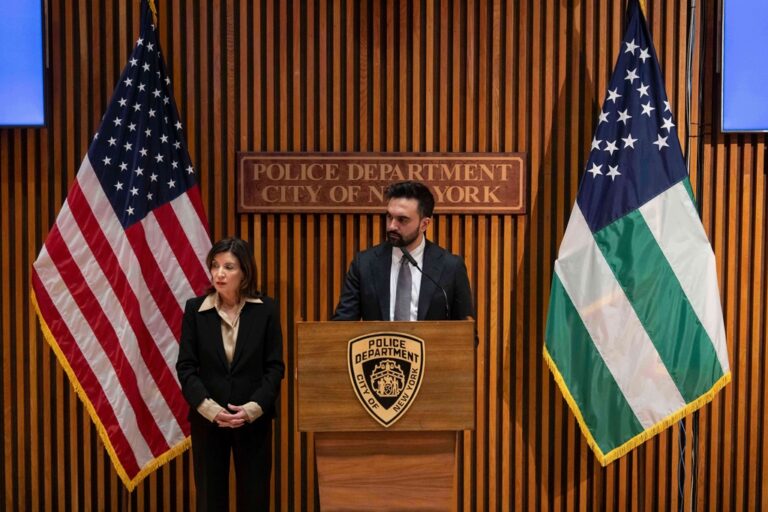 New York regulators on Thursday proposed establishing rules for firms involved in receiving, transmitting and storing virtual currency, as well as retail conversions.
New York regulators on Thursday proposed establishing rules for firms involved in receiving, transmitting and storing virtual currency, as well as retail conversions.
The proposal by the Department of Financial Services would establish a so-called “BitLicense.”
Merchants and consumers who use the virtual currency such as Bitcoin solely to buy and sell goods and services wouldn’t need a license. However, those buying and selling virtual currency as a business would.
The proposal, following a yearlong department study, is intended to establish consumer protections and prevent money laundering. Financial Services Superintendent Ben Lawsky said his agency is trying to do that without stifling innovation.
“Setting up common sense rules of the road is vital to the long-term future of the virtual currency industry, as well as the safety and soundness of customer assets,” Lawsky said.
The proposed rules are scheduled to be published July 23, followed by a 45-day comment period. Lawsky posted a description Thursday on the website Reddit, which quickly prompted a few hundred comments in response.
As the first state to do put forward specially tailored rules for virtual currency firms, Lawsky said continued feedback will be an important part of establishing a final regulatory framework.
The currency exchange itBit said it intended to fully comply with regulations and said it applauded New York’s “thoughtful and transparent approach … in examining consumer protection issues surrounding virtual currency and related businesses.” Chief executive Charles Cascarilla called the framework “important for the ecosystem to operate in a compliant and trustworthy way.”
Bitcoins and other virtual currencies have been gaining the backing of legitimate investors and mainstream businesses. Earlier this year, Overstock.com became the first major retailer to accept digital money.
Users swap cash for virtual currency using online exchanges, then store it in a wallet program on their computer. The program can transfer payments directly to a merchant who accepts the currency or to private parties anywhere in the world, eliminating transaction fees and the need to provide bank or credit card information.
The proposed New York regulations would require of licensed companies:
— a background check of all employees and founders with fingerprints submitted to state authorities and the FBI;
— a bond or trust account in U.S. dollars to protect customers;
— internal controls against money laundering including customer identification;
— notifications within 24 hours of aggregate individual transactions valued at $10,000 or more;
— written approval of all new business activities or offerings;
— a security program;
— quarterly financial statements;
— the retention of 10 years of business transaction records.
The department would prohibit accounts with shell entities that have no physical presence in any country and require notifying customers that virtual currency is not legal tender and not backed by the government.
In March, the U.S. Treasury Department’s Financial Crimes Enforcement Network said its requirements for money services applied to virtual currency exchangers and administrators, requiring that exchanges register. In a report two months later, the Government Accountability Office said federal agencies have been looking at related criminal issues but hadn’t focused yet on emerging consumer protection issues.
The GAO report noted that Bitcoin statistics showed exchange rates on March 31 of about $458 per bitcoin, with the total value of some 12.6 million bitcoins in circulation of about $5.6 billion. There are dozens of decentralized virtual currencies based on the bitcoin protocol, such as Litecoin, Auroracoin, Peercoin and Dogecoin. The GAO said the total market size of virtual currency was unclear, but the reported value of those four was less than $400 million.
(AP)









